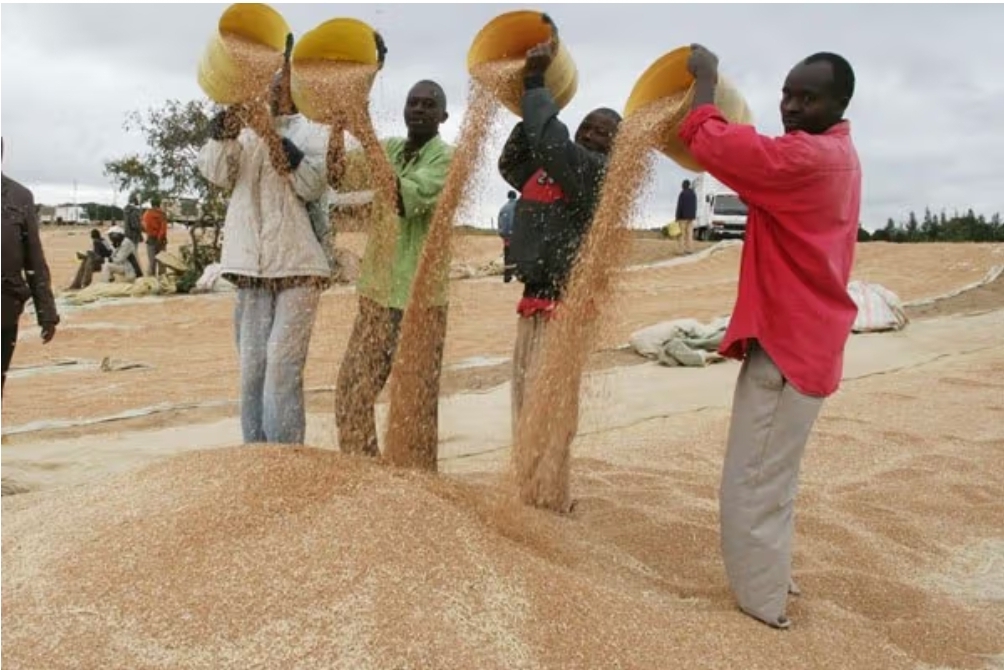Russian Wheat is Kenya’s Fastest-growing Import in H1, 2024

Data recorded in the first half of the year showed that products from Russia, led by wheat imports ranked as the fastest growing amongst Kenya’s top global source markets. Analysts at the Kenya National Bureau of Statistics (KNBS) noted that there was an increase in the import volume of wheat from Russia while imports from Ukraine which included wheat and maize also boosted the import bill.
According to the KNBS, imports from Russia during the period was recorded at Ksh 43.30 billion which indicated an increase of 396.56% when compared with the value recorded during the same period last year at Ksh 8.72 billion.
On the other hand, goods from Ukraine during the period stood at Ksh 7.82 billion, showing an increase of 270% when compared with Ksh 2.12 billion during the previous year.
The KNBS data further revealed that 84.55% of total imports during the period was made up of wheat, meslin, and hard wheat from Russia amounting to Ksh 21.66 billion.
Russian-Kenya trade has always had a positive growth projection as seen from the 2022 data published by the National Electronic Single Window System (NESWS), an online cargo clearance platform. The report showed that out of the top ten countries that exported products to Kenya, Russia had the greatest percentage growth projection (744%), from Ksh 2.10 billion in Q2 2021 to Ksh 17.79 billion in Q2 2022.
The major product imported from the Russian Federation – wheat was also the product with the greatest growth in imports. This would explain the surge in imports from the Russia.
Apart from Russia, other countries like France and Argentina also export wheat to Africa solidifying the country’s position as a major wheat consumer. Russia however, has come to be Kenya’s preferred import choice.
After corn, wheat is the largest grown cereal crop in Kenya and consumption of wheat-based food products has now overtaken corn across the country. The demand for staple food like bread, pastries and pasta over the years have increased the demand for wheat coupled with the population boom.
Kenya’s dependence on Russian wheat may not end soon due to the need to bridge the gap in its wheat usage as the country’s wheat consumption outpaces the volume it produces.
BUSINESS INSIDER





